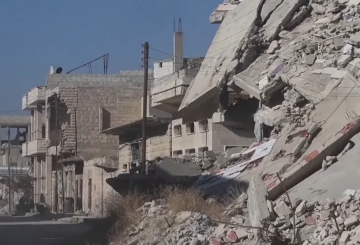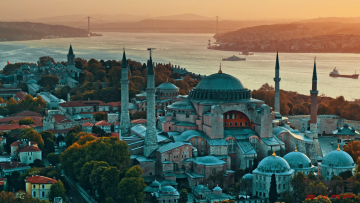The rebels managed to liberate the city of Aleppo in just four days, which had been held by Assad's coalition since 2016, and regain control over most of Aleppo province as well as several territories in neighboring provinces.
According to The Conversation, this marks a turning point in the ongoing war that has lasted over a decade.

Currently, Russian troops remain isolated at their bases in the Mediterranean, while Iranian forces, along with the Lebanese group "Hezbollah," have failed to maintain their positions. Several commanders have been killed in the rebel attacks, weakening the defense.
The Assad regime, which once controlled a significant portion of Syria, is now losing even the territories that remained under its influence. Its Russian and Iranian allies, overloaded and isolated from much of the world, are unable to restore its paper-thin rule.
In addition to military defeats, the Assad regime is facing severe economic issues. The country's GDP has more than halved over the last decade, and the Syrian pound continues to weaken. International sanctions imposed due to the regime's repression further exacerbate the crisis. Iran is also in a difficult position: its economy is weakened by sanctions, and internal protests reduce its ability to influence the situation in Syria.

Ankara plays a crucial role in the conflict. Turkish President Recep Tayyip Erdoğan exerts influence over both the rebels and international negotiations. Turkey can facilitate further advances of the opposition or, conversely, halt their attacks, using this as leverage in negotiations with Russia and Iran. At the same time, the Turkish-Kurdish issue remains unresolved: the potential for a new Turkish offensive against Kurdish forces in northeastern Syria depends on further agreements with Washington.
Source: theconversation.